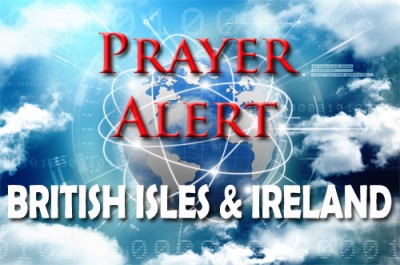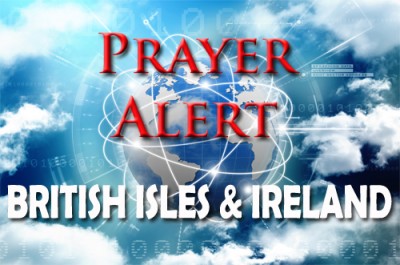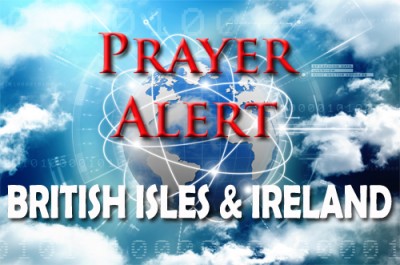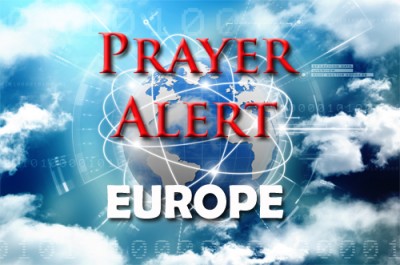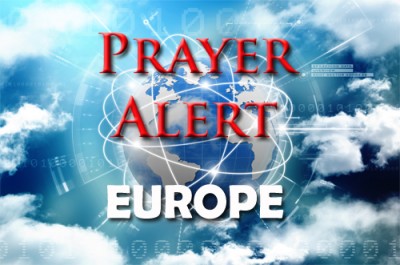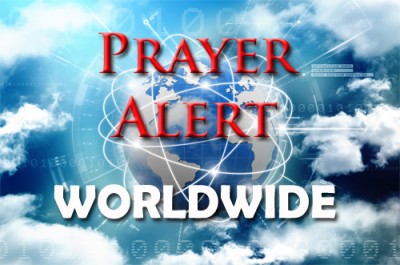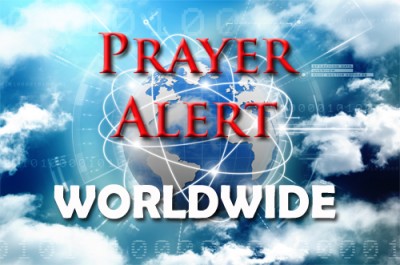Betting machine stakes cut to £2
18 May 2018The maximum stake on fixed-odds betting terminals (FOBTs) will be reduced to £2 under new rules unveiled by the government. Currently, people can bet up to £100 every 20 seconds on electronic casino games such as roulette. Culture secretary Matt Hancock called the machines ‘a very serious social blight’. FOBTs generate £1.8bn in revenue a year for the betting industry, according to the Gambling Commission, and taxes of £400m for the Government. A high proportion of those seeking treatment for gambling addiction identify FOBTs as their main form of gambling. Matt Zarb-Cousin, who was previously addicted to them, commented. ‘It's no exaggeration to call FOBTs the crack cocaine of gambling. If we had a gambling product classification like that of drugs, FOBTs would be Class A.’ See also:
London: 'deeply troubling' rise in serious crime
18 May 2018Serious crime soared in London in the past year, police figures have revealed, with the murder rate up by 44% and youth murder, personal robbery and home burglary all up by about a third. The figures, from the Metropolitan police, also showed a 23% increase in gun crime, a 21% rise in knife crime, and an 18% increase in the number of rapes. They were released just before a meeting of the London assembly’s police and crime committee on 15 May. Its chairman, Steve O’Connell, called the rise ‘unacceptable’ and ‘deeply troubling’. So far in 2018 the Met has launched more than sixty murder investigations, and the increase in violent crime has been reflected in many other urban areas. Sophie Linden, the deputy mayor for policing and crime, defended her office’s record. ‘It’s very, very early days’, she said. ‘We’re talking about knife crime with injury and we’re seeing that stabilising. But every murder is so appalling on the streets of London that there is no complacency here whatsoever.’
Some survivors of the Grenfell Tower fire will still be living in emergency accommodation a year after the tragedy, the Government has confirmed. Housing secretary James Brokenshire told MPs that of the 210 households affected, 201 had accepted rehousing offers. 138 of them have moved: 64 to temporary accommodation and 74 to permanent homes. Labour said only a third of the families were in a permanent home. After the fire (on 14 June 2017), which killed 71 people, the Government said survivors would be offered permanent furnished social housing within twelve months. Mr Brokenshire acknowledged that progress had been too slow, but said the local council now had 300 properties available to those who needed them. Prime Minister Theresa May said, ‘As we approach the anniversary of this appalling tragedy, our thoughts are with the victims and survivors and all those affected by that tragedy.’
Train line to be put back into public control
18 May 2018Rail services on the East Coast main line are being brought back under Government control, following the failure of the current franchise. Operators Stagecoach and Virgin Trains will hand over control from 24 June. The Department for Transport will run the service until a new public-private partnership can be appointed in 2020. Transport secretary Chris Grayling said it would smooth the transition to a new operator, but critics said it was evidence of private sector failure. It is the third time in a just over a decade that the government has called a halt to the East Coast franchise. Stagecoach and Virgin had promised to pay £3.3bn to run the franchise until 2023, but at the end of 2017 it became clear they were running into trouble. In February it was announced that the franchise would end early, leading to accusations that the Government was bailing them out. The rail companies have accused Network Rail, of failing to upgrade the line, which would have allowed them to run more frequent services. See also:
Greece to ease overcrowding in island camps
18 May 2018Greece’s parliament passed a bill on 15 May aimed at making asylum procedures simpler and faster and easing overcrowding in its refugee camps. Five camps on islands close to the Turkish coast hold more than double their capacity, and have been mired in violence over living conditions and delays in asylum claims that often take months to process. Human rights groups and the European Commission, which has offered Greece millions of euros in emergency aid, have criticised the government for not doing enough to manage the situation. Migration minister Dimitris Vitsas acknowledged that the bill ‘will not magically solve the refugee and migration issue’, but said the government wanted to reduce the wait for thousands of asylum seekers. Human rights groups criticised the bill, which foresees a shortened appeals procedure for rejected asylum seekers, saying it would lead to slapdash procedures violating refugees’ rights.
Facebook: Zuckerberg agrees to EU grilling
18 May 2018Mark Zuckerberg, Facebook’s chief executive, has agreed to face a grilling from European Union lawmakers over how the data of as many as 2.7 million Europeans could have ended up in the hands of consulting firm Cambridge Analytica. On 16 May, European parliament president Antonio Tajani said that Zuckerberg had accepted the EU institution’s invitation to cross the Atlantic and face lawmakers in person as soon as next week. The meeting will take place in private on 22 May, the assembly’s press service said. Facebook, in an statement, said it accepted the ‘proposal to meet with leaders of the European Parliament and appreciate the opportunity for dialogue, listen to their views, and show the steps we are taking to improve protection of people’s privacy’.
The USA wasn’t the only country to move its embassy from Tel Aviv to Jerusalem this week. Just days after the historic - and contentious - opening in the holy city, Guatemala did the same. President Jimmy Morales, a strong evangelical, said, ‘We have had an excellent relationship with Israel since it was founded. I believe we will be receiving a blessing for both peoples by doing the right thing.’ Citing prayer and prophecy as their motivation, Morales and vice president Jafeth Cabrera officially recognised Jerusalem as Israel’s capital last year and pledged to return their embassy there. ‘People in Guatemala pray for peace in this region, pray for Jerusalem, and they are excited’, said Sarah Solis, the country’s ambassador to Israel.
Moqtada al Sadr, the Muslim Shiite cleric, and his Marching Towards Reform alliance with Iraq's communists look to be in first position coming out of the national polls.The elections rejected the Iraqi elite that has run the country since the ousting of Saddam Hussein in 2003. Running a campaign highly critical of both the USA and Iran, the controversial cleric and militia leader has struck a chord with millions of poor Shia voters. Only 44 percent of voters turned out, the lowest in the four elections since the removal of Saddam. During the next two weeks, the various parties will jockey for position as they seek to form a governing coalition.
